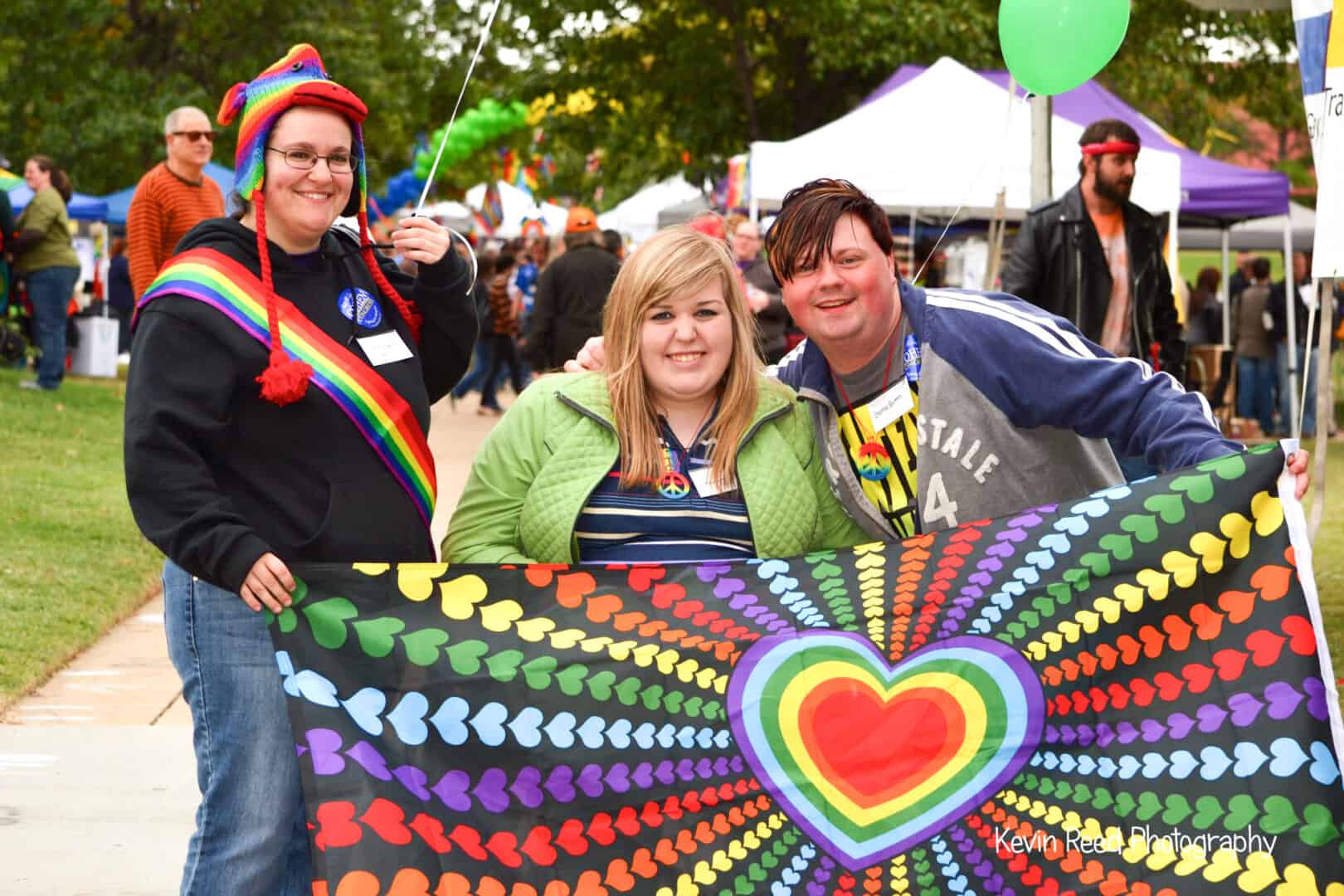The 37th Annual Memphis Pride Festival, held on October 6, 2012, marked a turning point for the city’s LGBTQ+ community. With the theme “Visible Me,” the event became the largest LGBTQ+ celebration in Memphis history up to that point. Hosted at Robert Church Park and the Beale Street Entertainment District, the festival and parade emphasized visibility, advocacy, and solidarity in a city where LGBTQ+ rights were still being fought for.
For the first time, the festival attracted an unprecedented number of participants, sponsors, and vendors, reflecting the growing presence of LGBTQ+ voices in Memphis’s civic and business sectors. The parade down Beale Street carried deeper significance, reinforcing the historic ties between LGBTQ+ rights and the broader civil rights movement. Just blocks from the National Civil Rights Museum, the parade’s location underscored the shared struggle for equality and Memphis’s evolving role in that fight.
The festival honored two Grand Marshals, both of whom had made lasting contributions to LGBTQ+ advocacy in Tennessee.
- Will Batts, executive director of OUTMemphis, had worked to expand resources and services for LGBTQ+ Memphians, particularly youth and those facing homelessness or discrimination. Under his leadership, OUTMemphis became a hub for support, activism, and community-building.
- Jonathan Cole, a leader with the Tennessee Equality Project, had been instrumental in fighting discriminatory legislation and mobilizing LGBTQ+ advocacy efforts across the state. His work helped shift public policy and raise awareness about LGBTQ+ rights in Tennessee.
New leadership at Mid-South Pride, led by Amanda Bolton (President), Vanessa Rodley (Vice President), Jennifer Murry (Secretary), and Patrick Pearson (Board Member), brought fresh energy to the event. Their efforts ensured a larger parade, expanded festival programming, and greater outreach.
The 2012 Pride Festival was not just a celebration—it was a statement of progress and a demonstration of resilience. With diverse participation from families, young activists, longtime advocates, and allies, the event solidified its place as a defining moment in Memphis’s LGBTQ+ history.
